On the Wrong Side of DisCo – Part 2

Students’ Narrative
The end semester exams had ended and there was to be revel everywhere. And there was revel, but it was only a short part of a long night.
Alcohol was smartly sneaked into the rooms, but the drunkenness had come long before. This was not the first time alcohol was consumed, but it was the first time that they were caught. All because of one guard who was in no mood to let anyone get away that night, partially because of some manhandling and misunderstanding that took place between him and one of those who was drunk.
The students tried their best to stop the guard from making the call. But the call was made and the deed was done. One of those involved describes the scene just as one would an episode of CID. “They collected the bottles of alcohol in polythene bags and filed the information of the whole episode. The next morning, the file was on Zulu’s table”, they described.
What then followed was a couple of months of attending meetings and listening to professors discuss what they felt to be an appropriate punishment and what they did not. All this while classes ran as usual. “It seemed to us as if they called us whenever they were in the mood for entertainment. We would get an email at a short notice and we were expected to be there”, one of the students said. Thus was the story of students who regularly missed classes, attending meetings without a miss.
The DisCo itself, they said, was more about them as individuals than about what they did. What they had done constituted the first meeting, but all meetings thereafter—including ones with their parents—was about what they did in college. What their grades were, how much money they spent every day, how many classes they missed, what positions of responsibility they held.
One of those involved describes the scene just as one would an episode of CID.
When asked about how fair they felt the whole indictment process, for the lack of a better word, was, they were hesitant but leaned towards it being unfair. “They made entire value judgements based on one or two factors”, they said. “If you were with a high CGPA, for them it would be the first time you were doing something. But if your CGPA was low, you were a regular offender who just got caught for the first time.”
In addition to the obvious dissatisfaction of using CGPA as one of the criteria in deciding the punishment, the students were baffled at how the professors did not hesitate to make statements based on the region from where the students originated. Specifically, two northern states. They claimed that one of the professors said these students were just bringing here what they regularly did back home anyway.
There are a number of issues that could land a student in front of the DisCo. One is, of course, anything that goes against institute rules. But the other, slightly more serious, is something that goes against the rule of the land—ragging. Ragging could easily be taken up by the victim at a level higher than the institute, but every effort is made to resolve it at the institute level so as not to attract any negative publicity to the institute. One of the students involved in a DisCo about ragging claimed that the punishment given for ragging cases was in accordance to the law and at par at what the court’s decision would have been—debarring from placements. While this does seem to be a common punishment in institutes around the country, whether this is what any court has decided in the past or would decide in the future remains unverified.
The student representative attending the meetings with the DisCo was helpful. “They were neutral for the most part, but their influence helped for some issues and made a difference”, said one student. They and the other students, however, expressed their displeasure when informed about who one of the new student representatives was.
The conversation with some of the students ended with them lamenting how rules were implemented non uniformly, not just for students with high CGPA’s, but also for faculty members who choose to smoke at the rather popular and accepted smoking area in the campus—the passage from Vindhya canteen to SBH. “With the number of cigarette buds at that place, I refuse to believe that Prof. Rawat is unaware of it,” one student said.
Conclusion
While the disciplinary committee is necessary for maintaining the minimum discipline that comes involved in the contract of trust that students share with the faculty, what constitutes breaches and what should constitute a breach is always a question that needs to be answered. Does it make sense to penalize students for something they are legally allowed to do and does not affect a third party? If it is in fact possible for it to affect a third party, should the institute put in due effort to make sure that it does not or prohibit the activity entirely?
Does it make sense to make smoking and drinking, both popular activities for college students everywhere, issues of the disciplinary committee? Is it still a surprise that college students smoke and drink?—I wondered, while I had smoke blown into my face.
Read about what the DisCo is and what it constitutes in in Part 1 here.


 Cleaning up the Mess?
Cleaning up the Mess?  The Mess-y Situation
The Mess-y Situation 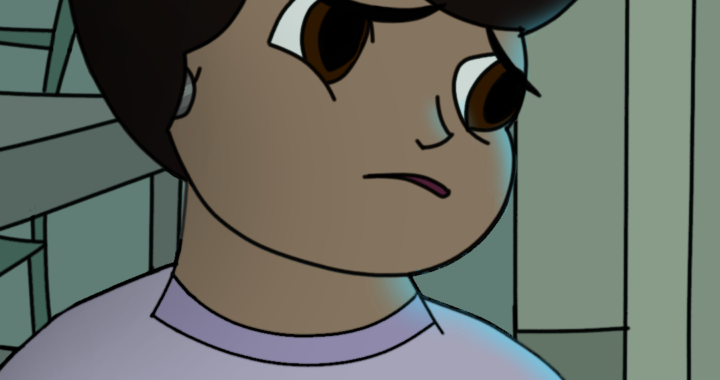 Qu’ils mangent de la grenouille! (Let Them Eat Frogs!)
Qu’ils mangent de la grenouille! (Let Them Eat Frogs!)  Tale of Two Cheenties
Tale of Two Cheenties 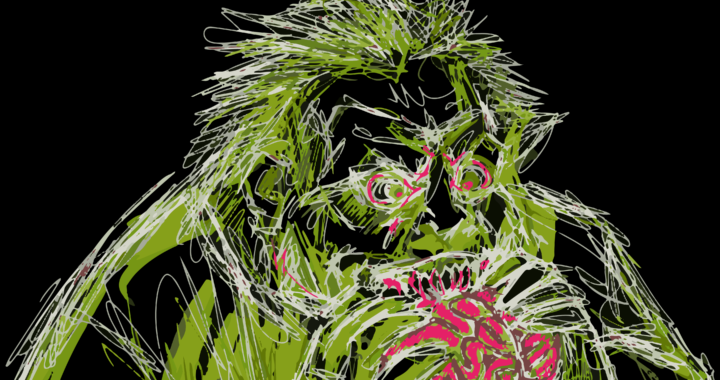 Peace of mind.
Peace of mind.  Boats and Valorant
Boats and Valorant 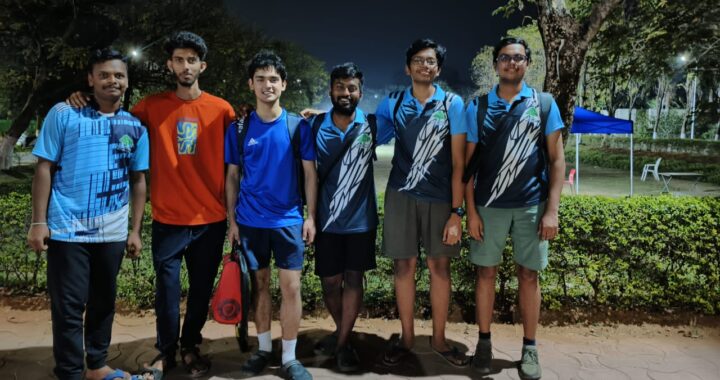 A perspective on sports in IIIT
A perspective on sports in IIIT 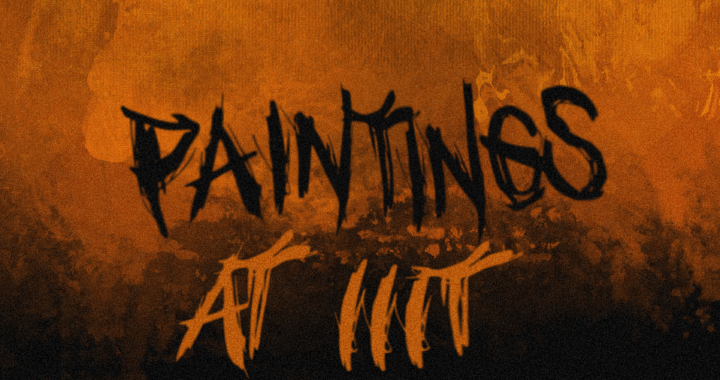 Paintings of IIIT
Paintings of IIIT 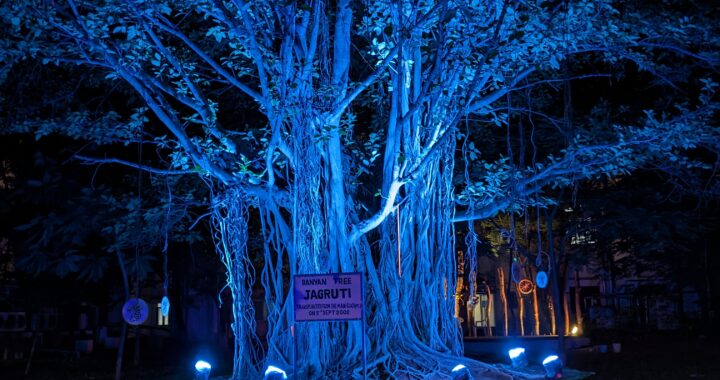 The Tale of Jagruti
The Tale of Jagruti